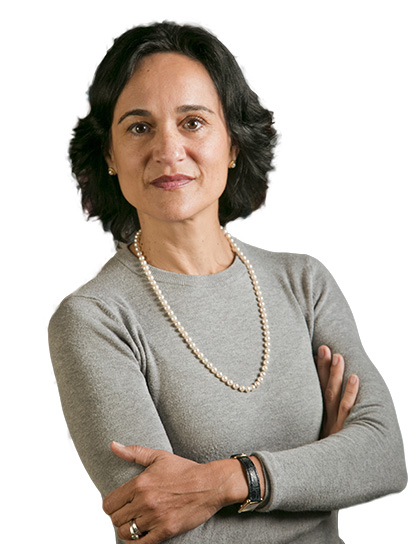 The last thing I wrote before COVID turned our world upside down was an essay for the Washington Post about US Soccer’s bizarre claim that the FIFA World Champions don’t deserve equal pay because women aren’t as good at sports as men. Really, their own federation said this. About Megan Rapinoe. About Alex Morgan. About Crystal Dunn. In a legal brief they actually filed in a case about equal pay. It wasn’t even necessary—the federation had other (doctrinally sound and politically safe) arguments if they really wanted to stiff the girls. As I conceived the piece, I felt like Elizabeth Barrett Browning riffing on love except this was on error: let me count the ways.
The last thing I wrote before COVID turned our world upside down was an essay for the Washington Post about US Soccer’s bizarre claim that the FIFA World Champions don’t deserve equal pay because women aren’t as good at sports as men. Really, their own federation said this. About Megan Rapinoe. About Alex Morgan. About Crystal Dunn. In a legal brief they actually filed in a case about equal pay. It wasn’t even necessary—the federation had other (doctrinally sound and politically safe) arguments if they really wanted to stiff the girls. As I conceived the piece, I felt like Elizabeth Barrett Browning riffing on love except this was on error: let me count the ways.
On the day I submitted it for consideration, the newspapers were just beginning to be filled with COVID -related news and analysis. Because the piece had nothing at all to do with COVID, I thought that it might not place. I also thought that would be the right call. Almost all of my work is of the “law and” sort – hence my connection to Kenan – and in this period, a lot of that is “law and sex in sport.” But as others correctly noted in early March, even though sport – including women’s sport – produces all kinds of social goods, in an existential moment it’s just not that important. Coach K led as he often does, hitting the airwaves right after March Madness was cancelled to talk about having perspective, taking care of each other, and washing our hands.
I think it was because US Soccer’s position was so startlingly off that the piece actually did place, and in retrospect it was as though it was one of the last passengers to catch the last train out before the station shut down. A lot of the reactions were along the lines one would expect in the circumstances, from “a nice distraction” to “who cares about soccer when the world is falling apart.” Since then, everything I’ve done – everything it seems we’ve all done – has been “COVID and ___.”
Scholarship? Check. I put on my “law and medicine” hat and co-authored a paper on the harm to public health that can result when drugs like hydroxychloroquine are prescribed off-label in pandemic conditions involving a novel disease before gold-standard clinical trials can be conducted.
Teaching? Check. A special revised “COVID Edition” of my co-authored Torts casebook and lots of work with colleagues on how to give our students the best possible educational experience in a hybrid real + virtual setting. The virus has been devastating, but I love how the disruption it’s caused has turned us into students of our own craft. And I love how, out of a commitment to excellence in teaching and, yes, to the team, we’re all stepping up and embracing the challenge. Coach K again: “You’re going to be asked to do a whole bunch of new things. Have patience. We actually might learn some things that will help us when we get through.”
The “sex in sport” work sits on the proverbial back burner. Some days, it dares to suggest that I might retrieve it from that place, that restaurants are re-opening at least for outdoor seating, and that the issues I’m working on aren’t going away. The Olympics have only been postponed, not cancelled. Decisions in related cases filed and considered pre-COVID are pending and will be issued, some shortly. I start to reach for it when a white police officer kneels on a black man’s neck. I quickly withdraw my hand.
Scholarship and public engagement are our bread and butter. Regardless of the field, our work involves sharing our findings, our ideas, our arguments. The goal is to advance knowledge in the service of society. Usually we do this continually and we publish when the work is ready. Sometimes what we do or what we’re saying is especially timely and so there’s a spike in attention. At other times it’s less so, but because (hopefully) our focus is always relevant and thus worthy of study, we’re not normally stopped in our tracks by the events of the day.
This is not a normal moment. I am stopped in my tracks by the enormity and emotion of it all and I know that many of my colleagues are too. The reaction is at once primal and considered and so it’s reinforced rather than diminished. We should continue to do our work because it is worthy and because it’s our job. But if it’s not somehow on deadly conditions, social unrest, political instability, or how we’re going to get through this with humanity and into the light, it’s ok that it sits for a while.
